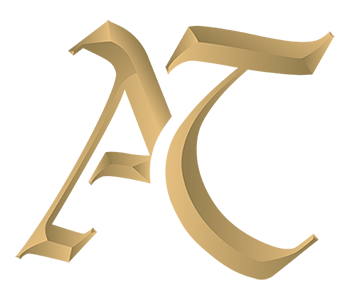
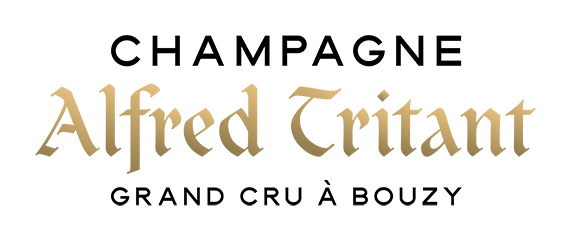 Champagne Alfred Tritant à Bouzy
Champagne Alfred Tritant à Bouzy
Our commitment Striving for sustainable winegrowing
For organic farming
Our grapes have been certified 'Agriculture Biologique' since 2023 (the French certification for organic farming) following an effort undertaken a long time ago.
In 2011 and onwards, we began working the soil and so learnt to stop using herbicides.
We leave a natural grass cover in our vineyards, kept under control by mechanical ploughing with a tractor from April to July. It is important that the grass does not compete with the growth of the vines and the development of the grapes.
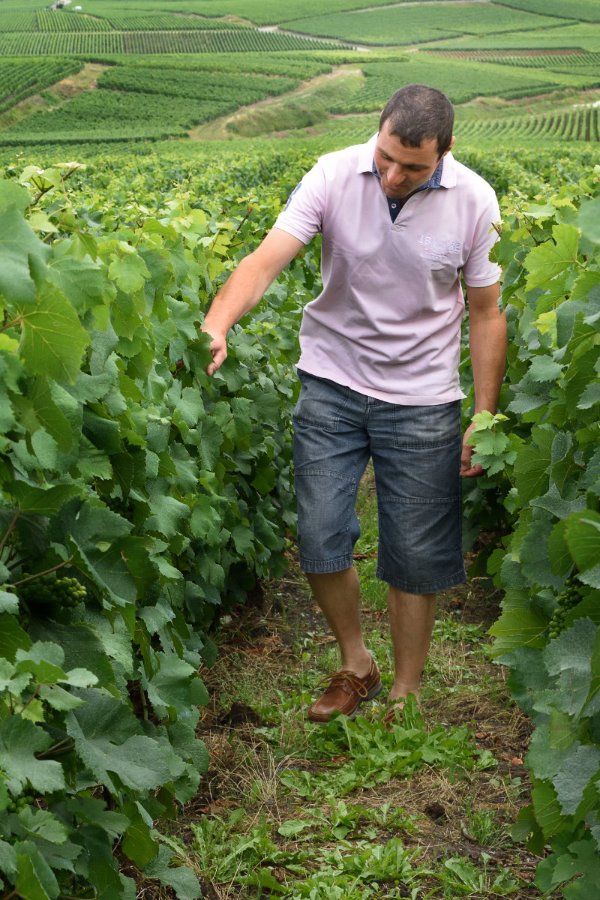
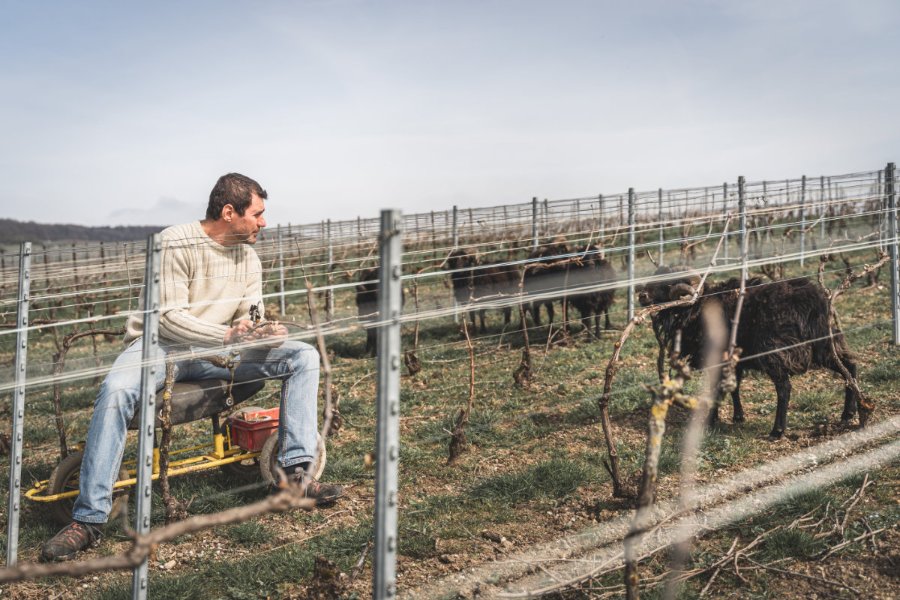
Every winter since 2021, we have been using the technique of eco-grazing, with our own herd of Ushant sheep, to keep the grass low, making it easier for Jean-Luc to plough in early spring.
Concurrently, we started using organic treatment in the vineyards in 2016.
Initially, we only treated one vineyard this way so we could analyse the change of method.
Jean-Luc then decided to progressively extend the experiment to more plots, until he reached 100% of the estate in early 2020.
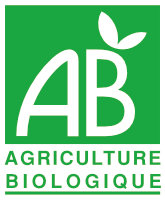
These evolutions allowed for the estate to be certified as 'Haute Valeur Environnementale' in 2018 (high environmental value).
So we were granted the AB certification after 3 years of conversion, and our first organic harvest took place in 2023.
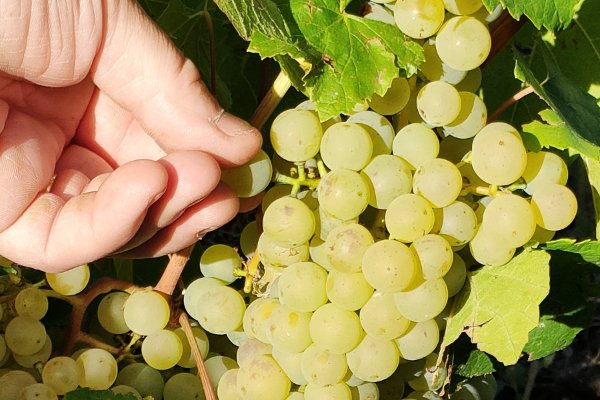
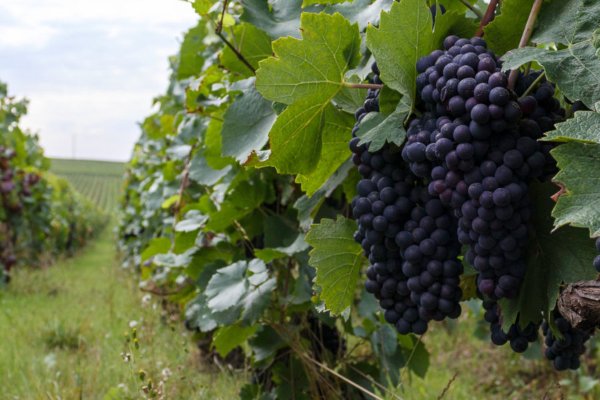
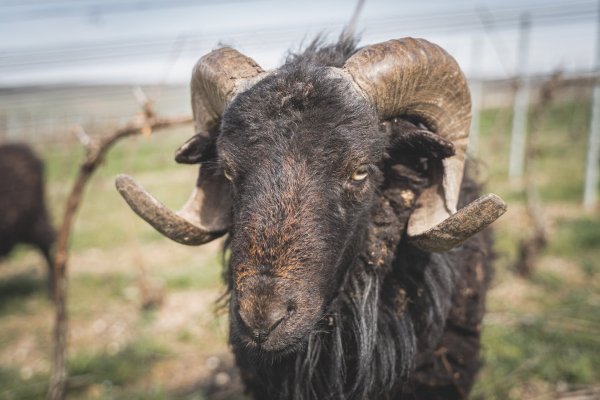
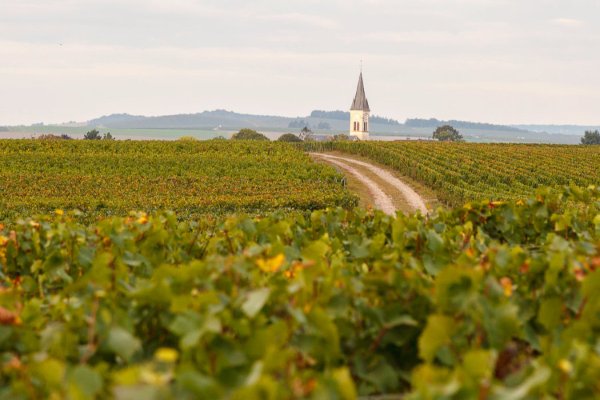
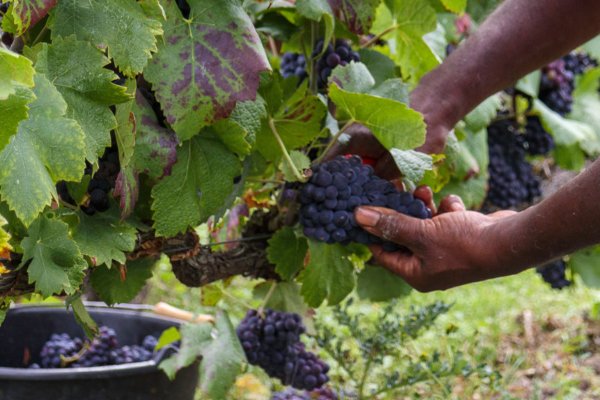
Our farming methods are not set in stone, as Jean-Luc is constantly looking for ways to improve. In fact, he has become interested in biodynamic viticulture and will sometimes experiment with silica-based dynamisation or other preparations in the vines.
Preserving nature
It is now time to reduce our impact on the environment, on several levels. We actually believe that "every little counts".
Our eco-friendly actions at the winery
Our commitment to eco-responsibility is also implemented at the winery, as an extension of our personal lifestyle.
We pay close attention to the choice of materials for our products.
- The boxes we use for packing champagne bottles are eco-sourced, unbleached -they are the natural colour of cardboard, and unvarnished.
- The cases we use for single-bottle or single-magnum packing are made out of 80% recycled fibre and are 100% recyclable.
-
We give our grape-pickers reusable stainless steel bottles to drink water during harvest
We make sure to reduce waste to a minimum.
We upcycle anything that can be to avoid ultimate waste.
One example is the sleeves covering the pallets of empty bottles which we reuse as caps for the pallets of champagne that we ship. This way, we needn't use so much plastic wrap.
We go through the usual process of waste separation routinely: bottles, scale, glassine (the glazed backing for self-adhesive labels), corks, plastic and metal caps used for racking, paper, etc.
We use natural resources.
We use solar energy with solar panels and a solar water heater.
We collect rainwater for interior use (toilet flush and washing machine including in our gîte) as well as for exterior use to water the plants for example.
We offer accommodation to our harvesters so as to limit transportation.
Handing down the passion